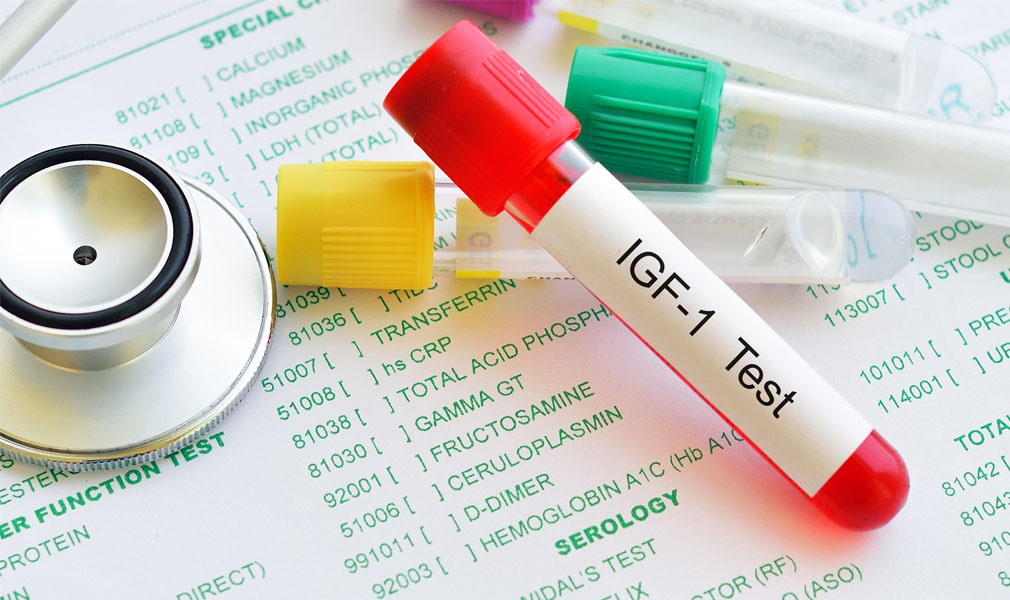After weeks after weeks of uninteresting publications in neurodegenerative diseases, two publications, at last, are a bit above the lot.

Plateaus in ALS
The first article is about genetic analysis of cases of ALS reversal, or maybe it's not reversals but long duration plateaus in the disease course. As usual with the use of "reversal" word, Dr. Bedlack is involved.
He and his team found that in approximately 1% of patients, there is a plateau phase where the disease stops progressing for a long time. Studying those patients might teach new information. Bedlack and colleagues think they found that those patients have a different genetic code in areas related to insulin growth factor (IGF-1).
IGF-1 was tested in ALS a long time ago, and some interesting results were obtained. It was at a time were the criteria to judge if a clinical trial succeeded were much more stringent than today. Maybe it would be interesting to revisit these trials.
there is also the possibility that an IGF-1 therapy works with 1% of patients, but not with other patients.
Mitigating hydroxyl radicals and excess iron in Parkinson's disease
The other article is about the role of Iron in Parkinson's disease. Its writing style is not academic, yet the authors claim they were able to improve the state of disease in three Parkinson's patients by making them inhale (for one and a half hours!) a gas mixture containing hydrogen. They say hydrogen could dissolve in blood, reach the brain (it is a tiny molecule), and chelate unmetabolized iron.
The authors explain that when there are too many iron ions in the brain for ferritin to mitigate its oxidative effect, the iron ions are released into brain cells and mitochondria. Hydroxyl radicals (HO) with strong oxidizing power are produced, resulting in cellular and mitochondrial damage. In the views of the authors, hydrogen reacts with hydroxyl radicals resulting in water, so the toxicity of hydroxyl radicals is mitigated.
Yet it's not clear to me, why iron ion deposition results in hydroxyl radicals and what happens to iron after hydrogen reacts with hydroxyl radicals.
Iron toxicity in neurodegenerative diseases and aging has been suspected for a long time, yet all chelating drugs that were tried were unable to significantly change the course of the disease.
